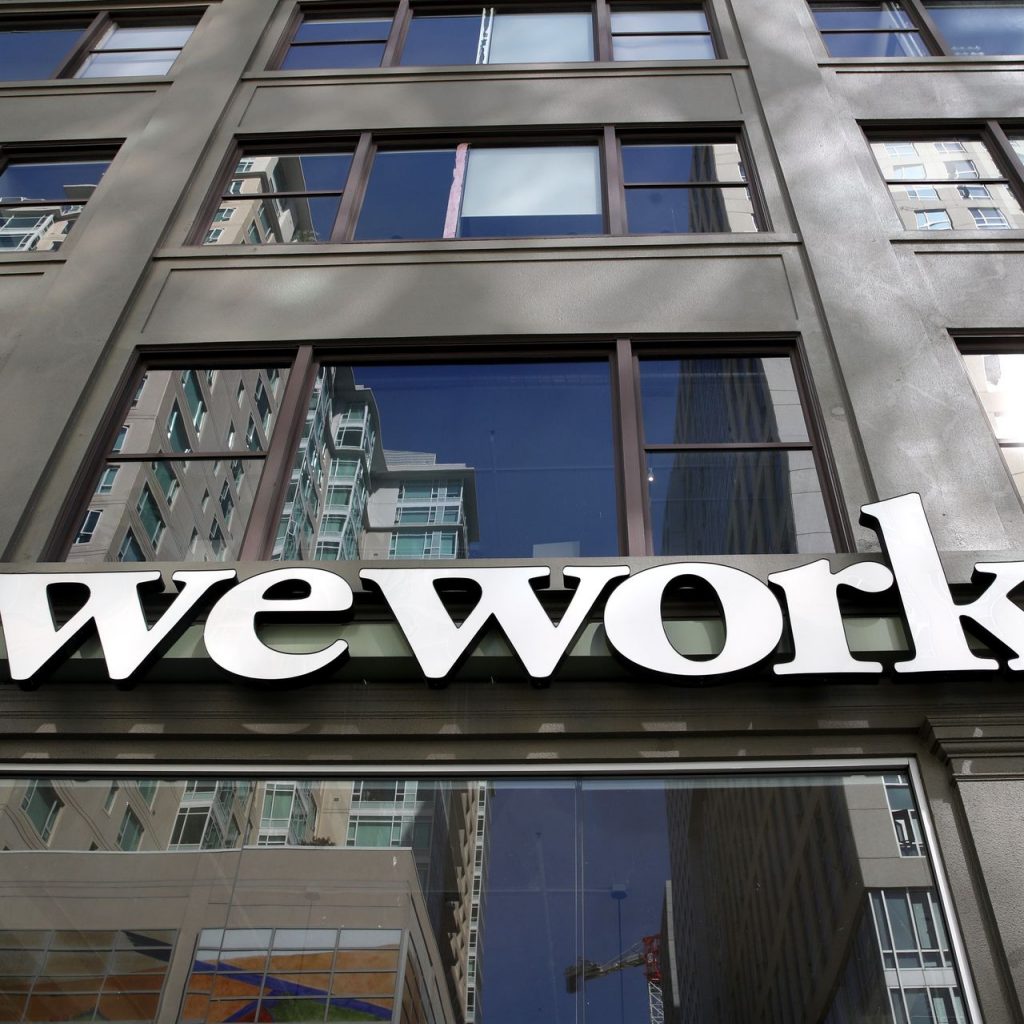Sub-zero winter temperatures aside, the situation in Alberta hasn’t been looking good. Especially activity in the real estate market.
Through the end of last year apartment prices have been dropping. Inventory is down by about 8% with even higher levels in the northern part of the province. The office sector has also been in a prolonged down-market cycle. Overall office vacancy rates are running about 20%, absorption rates are low, and asking rents are flat.
At least for the time being.
Real estate – and the overall economy – always moves in cycles. Rather than looking in the rear-view mirror for guidance, astute real estate investors look forward. And when we do, there are solid signals that Calgary, Edmonton, and the rest of the Alberta real estate market likely won’t remain in buyer’s market territory for too much longer.
Positive forward-looking economic indicators in Alberta
The commercial real estate market in Alberta still trails the higher-cost urban areas of the rest of Canada. But there are solid signs that the real estate market here is beginning to improve. The most recent report by the Canada Mortgage and Housing Corporation sees the economy experiencing stronger growth in population and employment in 2019 and 2020:
- Unemployment rates have recovered from the last economic slump, with year-over-year unemployment holding steady at about 7.5%
- GDP is also looking strong, with a 2019 forecast of 2.3%
- Oil prices are still low for the time being, with a WTI spot price of around $60 per barrel
- Currency exchange rates are at a multi-year low – currently 75 U.S. cents buys one Canadian dollar, down from a rate of 94 cents to one Canadian dollar back in June 2014
Although oil prices are low for the time being, most analysts see prices moving upward due to issues in Iran and more recently Venezuela.
While the Canadian to U.S. dollar exchange rate isn’t good if you’re living in Canada and wanting to buy in the U.S., it offers a unique arbitrage opportunity for investors with U.S. dollars. Property can be purchased at a discount of about 20% compared to five years ago, thanks to the lower rate of exchange.
Multi-family demand is growing in Edmonton and Calgary
Through the end of last year housing markets in Calgary, Edmonton, and throughout Alberta have remained severely devalued. But that’s beginning to change.
Rising employment and the growth of international migration in Calgary is reducing vacancies in the multi-family housing market as demand begins to outpace supply. The apartment market in Edmonton is seeing similar strengths due to rising economic trends, increased migration, and more families being formed by Edmonton’s younger workforce.
Office demand trends also look positive going forward
Through last year office vacancies in Calgary rose to just over 26% for all classes of office space. Demand was mostly driven by existing tenants seeking better deals.
In Calgary many real estate professionals believe the worst is over. That’s because growth in the office market typically trails growth in the housing market as developers and owners react to job and population growth rather than anticipate it. The economy in Calgary is turning the corner and will also benefit from an extra boost as oil price begin to move upward.
In Edmonton, office absorption rates have been rising and vacancies have been declining. Demand for office space in Edmonton is being seen from the region’s financial, insurance, legal, and government sectors.
A bottom market offers bottom-buying opportunities
It appears that the worst is behind the real estate markets of Calgary, Edmonton, and the rest of Alberta. The market is bottoming out, offering buying opportunities in the not too distant future.
Warren Buffett has said, “Games are won by players who focus on the playing field – not by those whose eyes are glued to the scoreboard.”
Putting his money where his mouth is, Reuters recently announced that Berkshire Hathaway has purchased 10.8 million shares of Calgary-based Suncor, Canada’s biggest oil and gas company. This marks Buffett’s second investment in the company in six years and comes at a time when other buyers are shying away from investing in Canada.
As Canada’s biggest oil and gas company, Suncor is considered one of the safest Canadian energy company investments due to its integrated structure and diversified mix of businesses. Buffett has also decreased his ownership in Apple and exited his investment in Oracle.
Join Our Newsletter!




